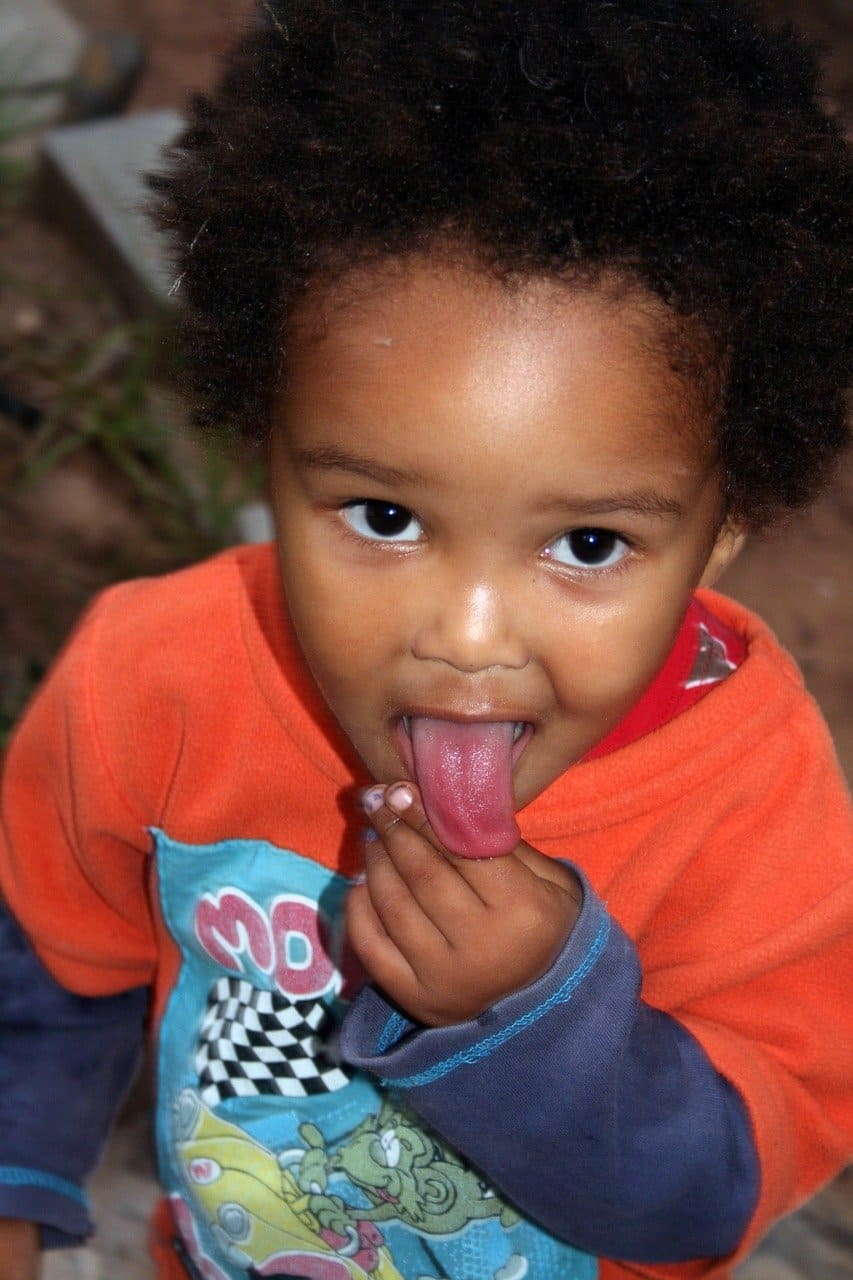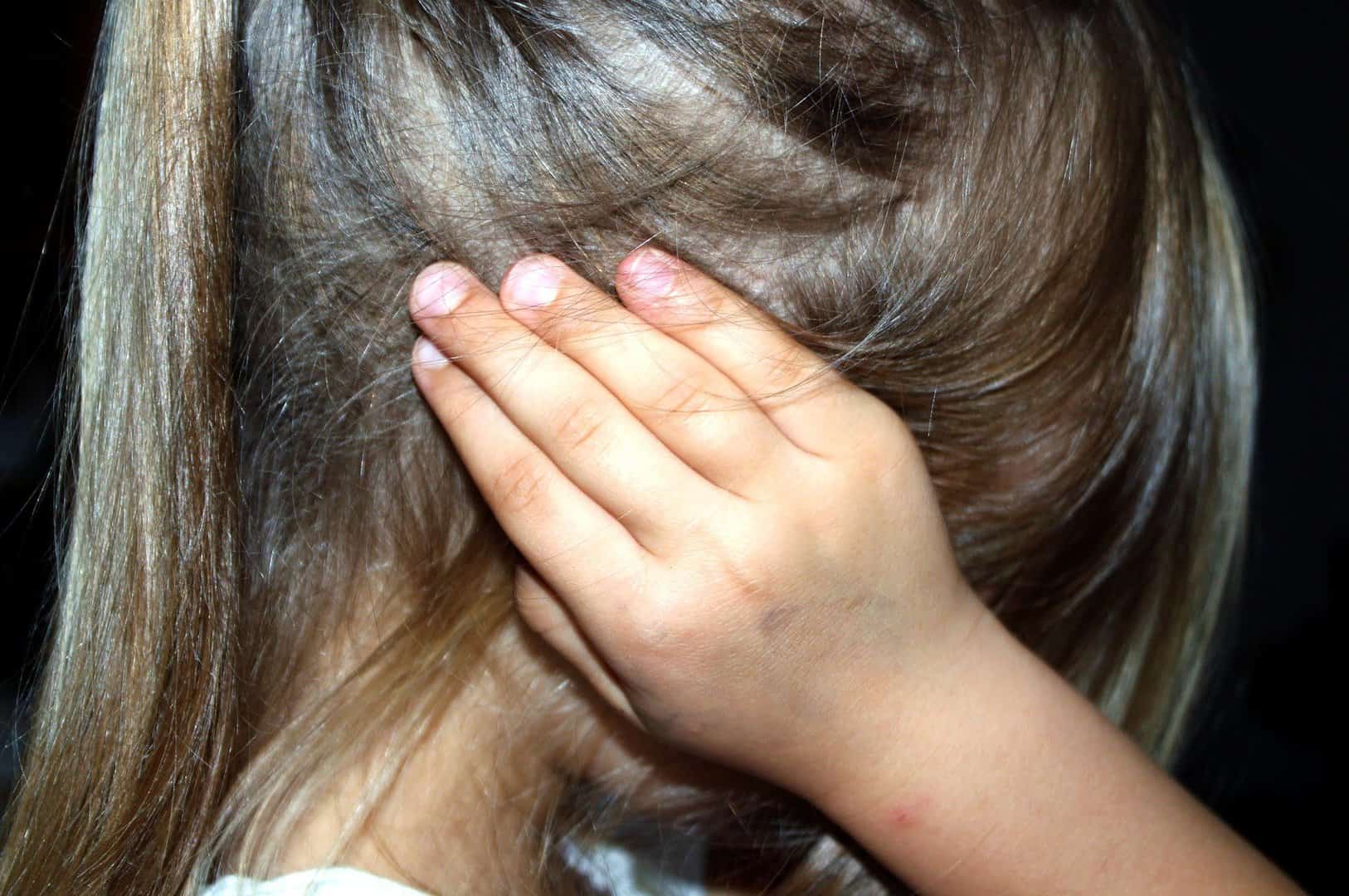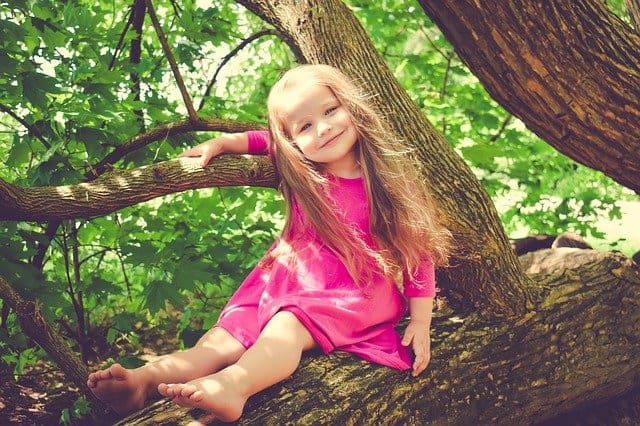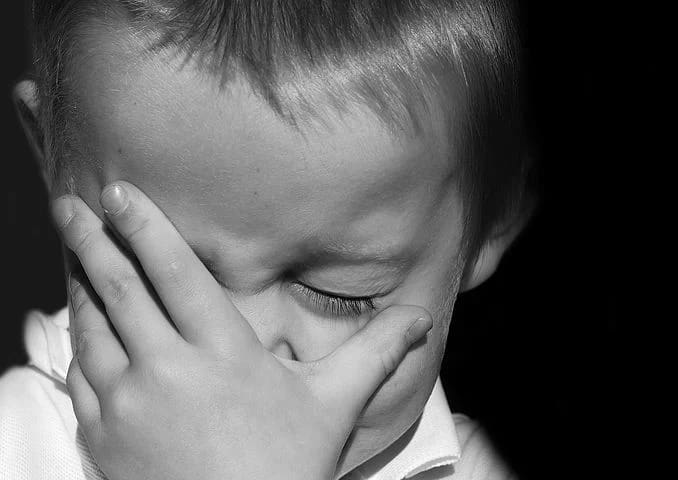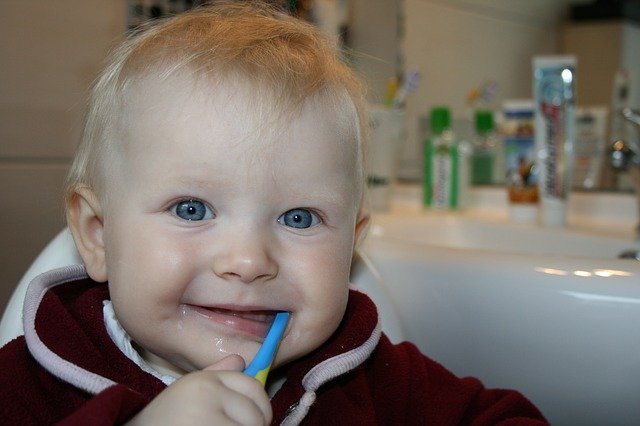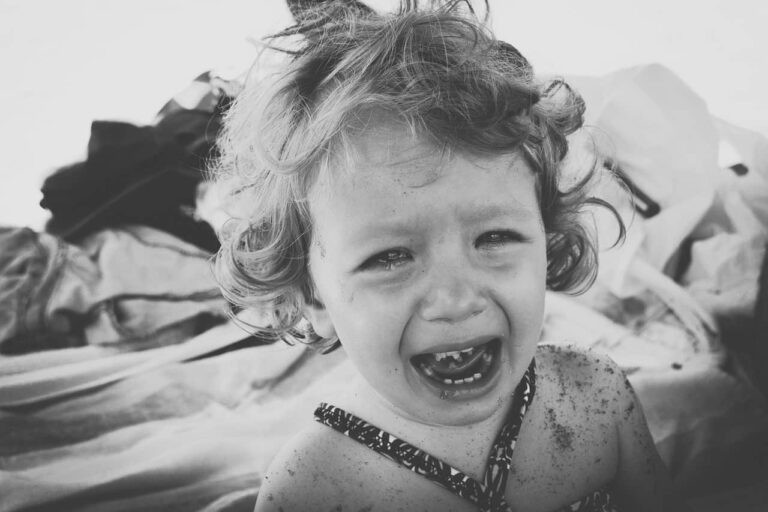My Toddler Laughs When Disciplined: What Can Parents Do?
It’s a part of life to make mistakes and to be a little mischievous. Everybody has gone through a time in their life when they misbehave. Toddlers are especially prone to blunders and acting out of line.
Naturally, parents will come in and try to educate their toddlers on what is good and bad. As natural as it is to make mistakes, toddlers need a guardian to push them in the right direction. Thus, parents are there to correct and discipline their children.
Toddlers can react in a variety of ways when they are lectured. Some will quietly accept and learn from their mistakes. Others will throw a tantrum and demand things to go their way.
But then there are unconventional reactions. Your toddler will start to smile. Maybe they might even start laughing.
“But being disciplined isn’t supposed to be funny! It’s not a time for fun and games.” Your toddler laughs when disciplined, and now you feel ridiculed as a parent.
It’s easy to get angry during this time. Maybe even use their laughter against them and punish them.
But maybe step back a little. See things not in your perspective but in the perspective of your toddler. And try to ask yourself, “Is my toddler laughing on purpose or not?”
Toddlers and Emotions
Before we delve into the question, we should first prime ourselves with some facts about toddlers. Being aware of what toddlers feel can put us in their shoes.
Toddlers are very emotional beings. During 1 to 3 years, they are learning new feelings every day. By age three, they will develop emotions like empathy, fear, embarrassment, envy, and frustration.
Self-regulation is another thing they can develop. They become more aware of their emotions and regulate them when needed. They’ll also understand basic tasks and focus on doing them.
Toddlers develop their sense of independence and individuality. They become conscious of themselves and the people around them. They start to understand and imitate people’s emotions.
Then they react with their own emotions. They shout with joy after finishing a puzzle. They whimper when they hit their knee against furniture. They let out a cry when their toy is taken away.
Yet while toddlers can immediately pick up on emotions, they have not mastered them yet. That’s why we see toddlers throwing tantrums over the smallest of things.
Toddlers can’t always find the right reaction to certain situations. So when your toddler laughs while being scolded, it might not mean they are happy. Instead, their emotions go beyond face value.
Discipline As A Part of Growing Up
The other side of the coin in this discussion is discipline. Specifically, we’re talking about how parents discipline their toddlers.
Parents disciplining their children has been a phenomenon since the dawn of time. From ancient periods to now, parents have employed different ways of training their children. Some methods stay while others go out of fashion.
Why You Should Discipline Your Toddler
Parents want to instill values, responsibility, and self-control in their children. It’s a duty for parents to teach their toddlers what is right from wrong. Starting at a young age will make it easier to introduce lessons into a young one’s mind.
Parents also discipline their children so they will develop self-monitoring skills. Self-monitoring is when children can monitor and regulate their emotions and behavior.
When people think of discipline, they think of long lectures and getting spanked (more on that later.) But disciplining children goes beyond negative reinforcement.
Disciplining also means rewarding good behavior. Assigning positive emotions to a certain activity means toddlers and children will do it more often. Thus, training kids becomes a balancing act of positive and negative reinforcement.
Discipline Does NOT Equal Abuse
For older generations, it’s more common to spank and hit children as a way of discipline. Both parents and teachers had the leeway to use corporal punishment before on unruly children.
But experts are now going against this practice. Physical punishment does not discipline children. Rather, it instills negative sentiments and can lead to dire consequences.
There are plenty of reasons why corporal punishment does not equate to discipline. It can lead to physical injuries, lowered self-esteem, and a loss of parent-child relationships.
Physical punishment can also lead to children using lies and deceit. Instead of understanding what they have done wrong, they will continue doing the act in secret. Children who grew up with controlling parents are more likely to hide their feelings, possessions, and the truth.
Finally, inflicting pain as a form of discipline teaches children that using violence is okay. Instead of having healthy coping mechanisms, children will turn to violence for answers. This can breed a terrible cycle of abuse through generations.
It might feel hard to discipline unruly children without hitting them. But abuse does not equal discipline.
So parents must be careful when disciplining their toddlers. The use of both positive and negative reinforcement is great. But violence should never be an option, even for the rowdiest children.
Why Your Toddler Laughs When Disciplined
Let’s go back to the question at hand. Your toddler laughs when you try to discipline them. It might feel like a slap to the face, but toddlers aren’t actually taking the situation lightly.
Similar to crying or shouting, laughter is a reaction to an emotional trigger. But rather than feeling happy, toddlers laugh to convey a feeling of uneasy and nervousness.
Ever experienced getting into an awkward position at work or in a bar? You tend to laugh to ease the tension before you slither away somewhere safe. That’s the same logic here.
Laughter is a way for toddlers to release tension. It might feel insensitive to you as a parent. But keep in mind that they are just toddlers who aren’t masters of emotions just yet.
Toddlers may also laugh as a way to lower the tension and to connect to their parents. It’s their attempt to defuse the situation. Toddlers want to communicate with their parents, but sometimes they get their emotions wrong.
So the next time your toddler decides to chuckle while you’re scolding them, just relax. Your toddler is, in no way, disrespecting you. Instead, laughing is a self-soothing activity similar to crying and throwing a fit.
What To Do If My Toddler Laughs At Me
If your toddler laughs at you, chances are they are feeling uneasy, or they want to deescalate the situation. Once you have identified this, there are things that you can do to discipline your child without scaring them.
1. Let them Calm Down and Let Things Subside
Whether they are laughing, crying, and screaming, just let them do their thing. Questioning and probing your toddler will only make them react harder. Instead, let them emotionally subside.
Parents can reassure their toddlers by holding them and talking to them in a low, reassuring voice. If they don’t want contact, don’t force them. Just wait for their tantrums to go down.
2. Once They Are Calm, Talk to Them Peacefully
Toddlers won’t understand anything if emotions are high. Parents shouldn’t follow suit and let their emotions get the best of them. Instead, they should keep calm and patiently wait until their toddlers can listen.
Once toddlers are calm, they will listen to their parents. This is the time when parents can engage and reflect on their toddlers’ mistakes or misbehavior.
3. Listen to Your Toddler
Communication is a two-way street. There is a reason your toddler made a wrong judgment on their part. Let your toddler explain their side of their story so you two can solve the problem.
4. Gently Correct Their Emotional Response
While some toddlers grow out of their tantrums, others need guidance. If your toddler has a habit of laughing during stressful situations, they can carry this into adulthood.
Sit your toddler down and talk about their feelings. Teach them how to respond to stressful situations more healthily. And always remind them that disciplining them doesn’t equate to you being angry at them.
5. Apologize if Necessary
Parents can slip and say nasty things while scolding their children. This can cause toddlers to cry, lash out, or become uncomfortable. If you feel like you crossed the line, say sorry to your toddler.
Toddlers will imitate what their parents do. This can be a learning time for them to say sorry for when they make a mistake. You can’t make a toddler say sorry, so instead, you do it in front of them. Very soon, they’ll pick up on this and know how to apologize for their mistakes.
Conclusion
Toddlers can react in different ways when they are being disciplined. Some will cry, some will get mad, and some will laugh. If your toddler reacts by laughing, they are most likely scared and nervous.
Toddlers can laugh during stressful moments because they can’t express their emotions properly yet. But this does not mean they are apathetic. Rather, they want to communicate their feelings but can’t.
Instead of using harsh disciplinary methods, you can employ a more gentle approach. Using positive and negative reinforcement is a better way of disciplining children.
In the end, parents don’t want to hear their toddlers laughing out of fear. Instead, parents will want to hear their toddlers laughing out of joy.


